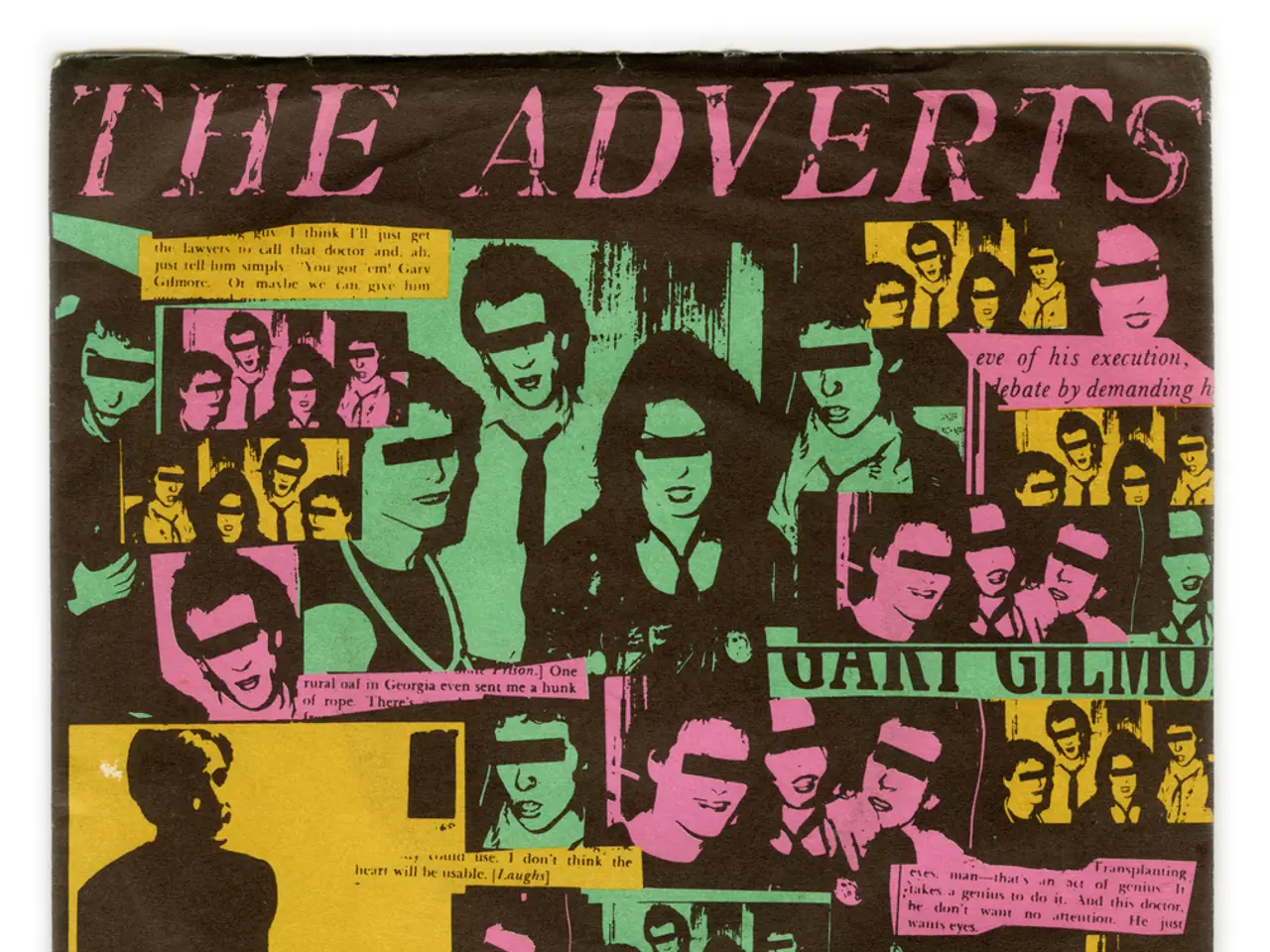Interview Insights from Hadiya Jones, a Graduate Student
================================================================================
Princeton, United Kingdom - Hadiya Jones, a graduate student at Princeton University, is delving into the intersection of race, gender, and class, with a particular focus on black middle-class millennials navigating their identities online.
Jones's research journey began with her love for the YouTube web series, "The Misadventures of the Awkward Black Girl." This led her to analyse online content by Black women, such as Issa Rae's Insecure on HBO, and explore how they challenge and redefine narratives about Black middle-class identity.
Historically, Black middle-class identity has been marginalised in contemporary popular culture, with Black middle and upper-class individuals often depicted as comedic or problematic figures. This cultural script has shaped generations of Black suburban youth’s self-perception, creating a sense of alienation that online creators now directly address by blending humor, vulnerability, and cultural critique in social media content.
These narratives serve as both catharsis and resistance, confronting the microaggressions and social exclusions experienced by Black middle-class communities in settings like affluent suburbs or elite social spaces. They also reflect a long-standing cultural invisibility and stereotyping of Black middle and upper-class experiences, particularly in predominantly white suburban spaces.
Jones's research is rooted in a communal history centered on survival, mutual support, and honoring elders. The narratives emphasize a continuum between honoring the sacrifices of previous generations and forging new spaces of visibility and voice that extend beyond "Instagram-perfect moments" to more authentic communal connections.
In graduate school, Jones found that studying race, especially focusing on Black women, can be more of a challenge in certain spaces. However, she maintains a balance between her academic and personal life by intentionally setting aside time for friends, holidays, and leisure reading.
Jones's research methodology combines virtual ethnography, digital humanities, Black feminist thought, and comparative sociology. She values the flexibility of time that the world of academia provides, allowing her to work on research that she cares about and thinks is overlooked in many fields.
Jones's dissertation explores the rise in online content by Black women concerning Black middle-class identity in the contemporary moment. Her work aims to complicate discipline boundaries and scholarship, and disrupt master narratives.
Taylor Griffith, a Social Sciences Correspondent, found Jones's research inspiring. Griffith looks forward to learning more about Jones's work as she continues her research. This interview is part of a series titled "Graduate Student Reflections."
References:
- D. E. Thomas, L. M. Davis, & J. E. Garza, "Black Women's Digital Activism and the Politics of Survival," Information, Communication & Society, vol. 22, no. 10, pp. 1433-1447, 2019.
- M. L. Johnson, "The Digital Black Feminist Archive: Black Women's Historical Presence and Future in the Digital Age," Signs: Journal of Women in Culture and Society, vol. 43, no. 4, pp. 803-822, 2018.
- S. M. Horton, "Black Women's Digital Storytelling: Narratives of Resilience and Resistance," Journal of African American Studies, vol. 21, no. 4, pp. 537-555, 2017.
Undergraduate research focusing on education-and-self-development, personal-growth, and learning is exemplified in Hadiya Jones's study of Black women's online narratives that challenge traditional portrayals of Black middle-class identity, promoting a sense of community and self-empowerment, as highlighted in her dissertation.
Jones's research, rooted in Black feminist thought, digital humanities, and comparative sociology, not only seeks to complicate discipline boundaries and scholarship but also aims to contribute to the ongoing conversation about representation and inclusivity in various fields.




